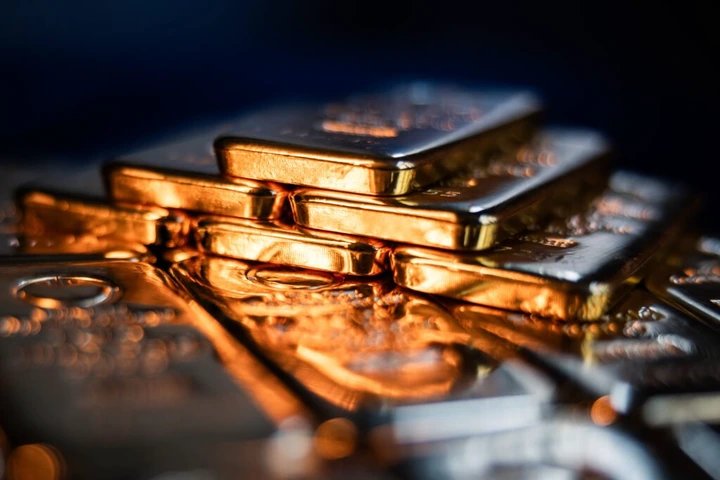Spot gold was trading at $4,004.73 an ounce as of 12:55 p.m. in Singapore.

Gold held around $4 000 an ounce after a weak start on Monday, after China ended a long-standing tax rebate for some retailers in a change that could weigh on demand in one of the world’s largest precious-metals markets.
Bullion for immediate delivery rose 0.1%, after falling as much as 1% in early trade. Beijing announced Saturday that it would no longer allow some retailers to offset a value-added tax when selling gold they bought from the Shanghai Gold Exchange and Shanghai Futures Exchange, whether sold directly or after processing. The news sent Chinese gold jewelry stocks tumbling.
Gold surged to a record high in October, pushed higher by a retail buying frenzy, but it has since dropped sharply. Prices are still up by more than 50% year-to-date, even after the pull-back. Many of the fundamentals that fueled the rally, including central bank and haven demand, are expected to remain in place.
“While Chinese gold demand has played little part in this year’s record bull market, the tax changes in gold’s heaviest consumer nation will dent global sentiment,” said Adrian Ash, director of research at BullionVault. “This news could prove very welcome to traders and investors hoping for a deeper correction after last month’s spike.”
Among jewelry stocks, Chow Tai Fook Jewellery Group fell as much as 12% in Hong Kong, Chow Sang Sang Holdings International shed more than 8%, and Laopu Gold Co dropped more than 9%. The tax change is “likely to see the entire industry raise prices to pass through the cost pressure,” Citigroup Inc. analysts including Tiffany Feng wrote in a note.
Most firms in China had been deducting value-added tax on inputs when selling to consumers. Under the new policy — which will stay in place until the end of 2027 — the tax incentive is reserved for members of the SGE and SFE, when they intend to sell gold as investment products.
When exchange members and non-members intend to produce non-investment gold, such as jewelry or products for industrial use, they can now offset only 6% of the input value-added tax when selling to consumers, instead of offsetting 13% as before. The same applies to companies that aren’t members, which can still buy gold directly from the exchange, regardless of the purpose.
Spot gold was trading at $4 004.73 an ounce as of 12:55 p.m. in Singapore. The Bloomberg Dollar Spot Index was little changed. Platinum surged as much as 1.5%, while silver edged higher and palladium was flat.



0 Comments